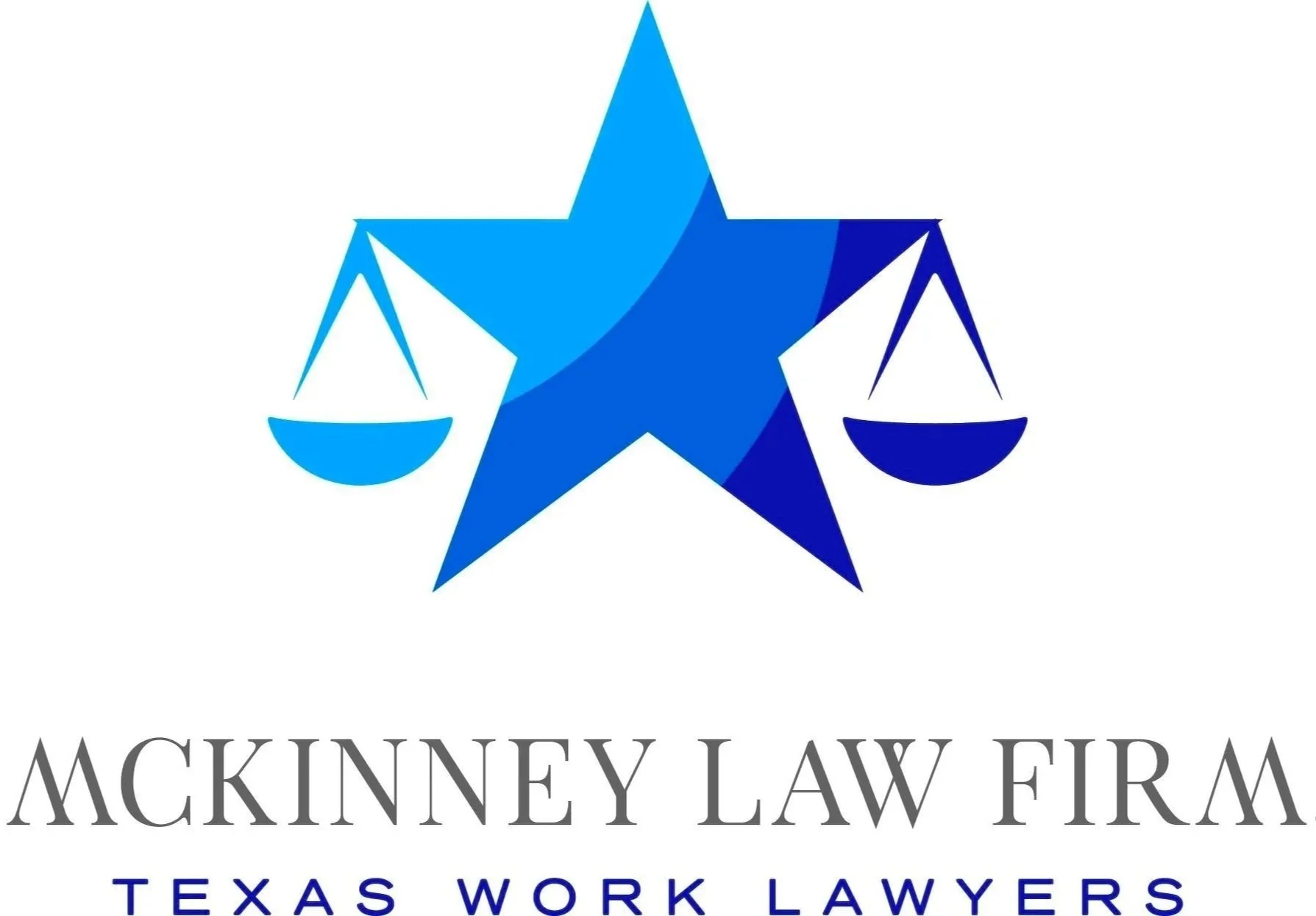Another Court Follows Wallace Decision - FRCP 9(b) Fraud Pleading Standard Does Not Apply to SOX Whistleblower Cases
/As previously written about here, I had the privilege this year of being a part of the team of lawyers representing the plaintiff in Wallace v. Tesoro. The opinion issued in favor of my client by the Fifth Circuit in that case created very positive law for SOX whistleblowers around the country.
This past week I learned of a recent decision from the District of Connecticut in a Sarbanes-Oxley whistleblower retaliation case that adopted the Wallace pleading standard for SOX whistleblowers. The case serves to underscore the broad scope of protected conduct under SOX. In Wiggins v. ING, the court held that the heightened Rule 9(b) pleading standard for fraud claims does not apply to SOX retaliation claims and a whistleblower can plead that she had a reasonable belief that her employer violated one of section 1514A’s enumerated fraud provisions without specifically alleging that she believed that the employer’s conduct satisfied all of the elements of the federal statute/SEC rule that was allegedly violated.
In Wiggins, the Plaintiff worked as an operations consultant at an insurance company. She alleged that she disclosed irregularities in the processing of terminated retirement plans that reflected a lack of compliance with federal securities laws, including “frequent inaccuracies in market value assessments on retirement plans that were being terminated and sent to other providers, incorrect and inconsistent application of deferred sales charges, and deliberately failing to provide identified “problem” files for quarterly auditing procedures.” She alleged that the company terminated her employment in response to her whistleblowing.
Court Holds: Rule 9(b) Does Not Apply to SOX Whistleblower Claims
The company argued that Ms. Wiggins’ complaint should be dismissed because it alleged she had blown the whistle about fraudulent activities but did not allege said fraud with the heightened particularity required under Rule 9(b) for pleadings in which a defendant is sued for fraud.
The court rejected the company's argument and concluded that the “reasonable belief” standard set forth in the statutory text obviates any requirement for a SOX whistleblower to prove actual fraud:
ING’s argument overlooks the fact that section 1514A(a)(1) “protects an employee who `reasonably believes’ that conduct violates an enumerated statute.” Wallace v. Tesoro Corp., 796 F.3d 468, 480 (5th Cir. 2015). As such, there is room for a plaintiff to maintain a SOX whistleblower claim under Section 1514A, assuming he has satisfied the other pleading requirements, “even if the [complained of] conduct turns out not to be fraudulent.” Id.; see also Guyden v. Aetna, Inc., 544 F.3d 376, 384 (2d Cir. 2008) (“a whistleblower need not show that the corporate defendant committed fraud to prevail in her retaliation claim under § 1514A”). Because section 1514A protects the employee who acted under a reasonable belief that fraud was occurring — rather than protecting only those employees who report activity that is, in fact, fraudulent —”Federal Rule of Civil Procedure 9(b) does not apply because [Wiggins] brings a retaliation claim based on his reasonable belief of fraud rather than a claim necessitating proof of fraud.” Jin Huang v. Harman Intern. Industries Inc., Civil Action No. 3:14-cv-1263-VLB, 2015 WL 4601047, at *2 n. 3 (D. Conn. July 29, 2015); see also Wallace, 796 F.3d at 480 (“Although [the defendant] maintains that dismissal can be affirmed for failing to satisfy Rule 9(b), it is plain from the rule’s text that it does not apply to this [SOX] retaliation suit”). Thus, ING’s argument that the Amended Complaint must be dismissed because it does not meet the heightened pleading standard of Rule 9(b) is without merit, because SOX whistleblower claims do not need to be plead in accordance with this heightened standard.
The court went on to state that “a SOX whistleblower plaintiff can state that she had a reasonable belief that her employer violated one of section 1514A’s enumerated provisions, without specifically alleging that she believed that the employer’s conduct satisfied all of the elements of the federal statute/SEC rule that was allegedly violated.” In addition, the court noted that “in order for a SOX whistleblower plaintiff to allege that she reasonably believed that her employer was violating one of the enumerated provisions, the plaintiff must allege that she believed, at least approximately, that her employer’s actions satisfied the elements of the enumerated provision allegedly violated.”
Wiggins follows the Fifth Circuit's holding in Wallace, of broadly construing SOX protected whistleblowers and refusing to impose a heightened standard of objective reasonableness. This is important because it makes it much more difficult for an employer to seek dismissal of a SOX whistleblower case at the pleading stage on a motion to dismiss.
Hat Tip: Jason Zuckerman









